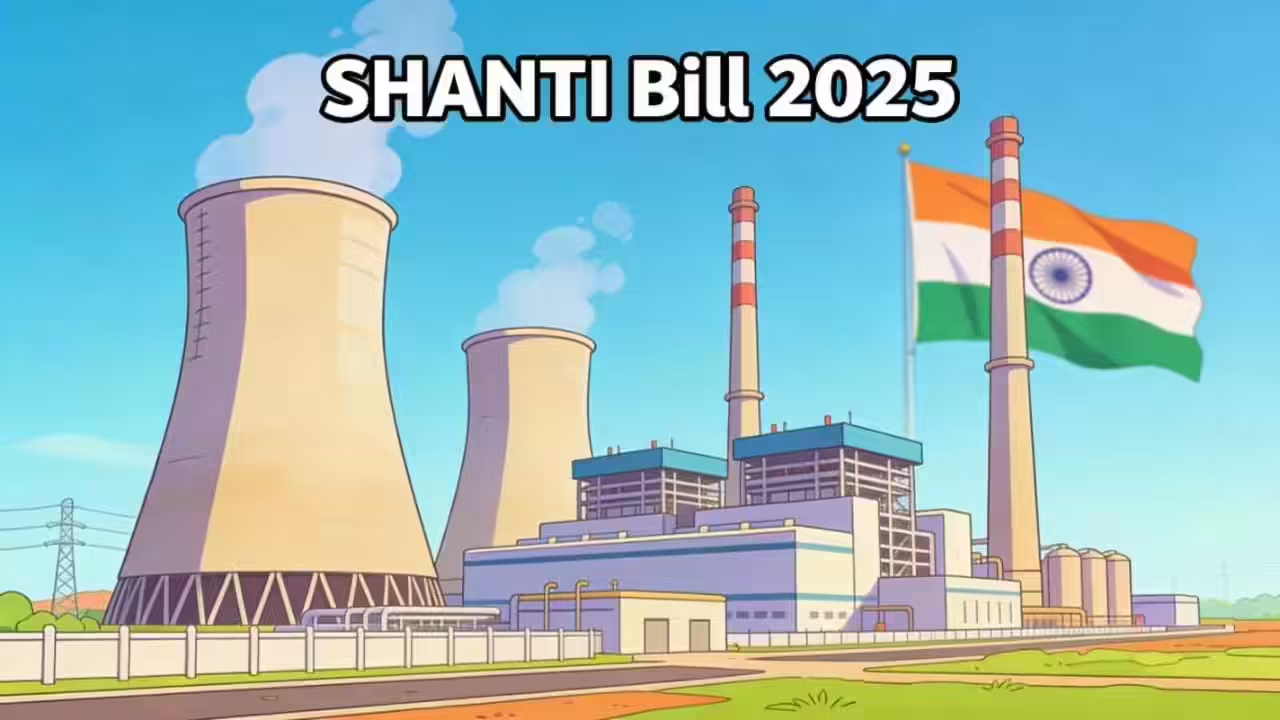Brazil Passes ‘Fuel of the Future’ law to boost Sustainable Aviation
Context:
Brazil has approved the “Fuel of the Future” law, which promotes the production and use of Sustainable Aviation Fuels (SAF). This move is part of the country’s broader efforts to transition toward greener energy, reducing carbon emissions in the aviation sector and encouraging sustainable practices.

About SAF:
- SAF is a liquid fuel currently used in commercial aviation which reduces CO2 emissions by up to 80%.
The four pathways for producing SAF are:
- The Fats Way (HEFA):Biofuel is made with feedstocks such as vegetable oils, waste oils or animal waste fat.
- The Corn Way (Alcohol-to-Jet):Biofuels that use agriculture crops such as corn to produce ethanol, which is then refined into jet fuel.
- The Garbage Way (Gasification):Gasification is a process that converts raw material like municipal waste into syngas, which is then turned into jet fuel.
- The Air Way (Power-to-Liquid / eSAF):Power-to-Liquid (PtL) fuels, also known as e-SAF, are not biofuels as they do not use direct organic compounds as feedstocks. Instead, this fuel is made from CO2, water and renewable energy.
- The eSAF/ Power-to-Liquid (PtL) Advantage : Fuels represent the most promising SAF pathway.
- These fuels have industry-leading emissions reduction potential of up to 90% while using 30x less land and 1,000X less water compared to other SAF.
Global SAF Market:
- United States: 45-50% production and consumption.
- European Union: 30-35% production and consumption.
- Asia-Pacific (Japan, Singapore): 5-8% combined production and consumption.
- Others (UK, Brazil, etc.): 10-15%.
- Future Prospect: Despite rapid growth, SAF still represents a small fraction (<1%) of global aviation fuel demand. However, global production capacity is expected to grow tenfold by 2030.
- India is projected to produce 8-10 million tonnes of Sustainable Aviation Fuel (SAF) by 2040, necessitating investments between US$ 70-85 billion.
Significance of SAF Growth:
- Increasing Farmers Income: SAF production could enhance farmers’ incomes by 10-15% by utilising agricultural residue as feedstock, thereby offering a sustainable alternative to the current practice of burning.
- Environmental Impact
- Reduction in Carbon Emissions
- Decarbonizing Aviation
- Economic Impact
- Job Creation and Growth
- Export Potential
- Industrial and Technological Impact
- Support for Innovation
- Energy Diversification
- Global Leadership
Challenges in Promoting SAF in India
- High Production Costs: SAF is more expensive to produce than conventional jet fuel, making it financially challenging for adoption without subsidies.
- Lack of Infrastructure: Limited facilities for large-scale SAF production and distribution require significant investment and development.
- Policy Gaps: India lacks clear mandates and incentives to support SAF development, unlike the U.S. and EU.
- Feedstock Availability: Scaling up the collection and processing of feedstocks like used cooking oil and agricultural waste requires organised supply chains.
- Technological Barriers: R&D for advanced SAF production technologies is still in early stages, needing substantial investment for commercial viability.
- Industry Support: Increased awareness and commitment from airlines and fuel suppliers are essential for widespread adoption.
- Market Demand: Low demand and high costs make SAF less commercially attractive unless airlines are willing to pay a premium.
Conclusion:
The law is expected to enhance Brazil’s role in global aviation sustainability, boosting not only environmental efforts but also economic growth through increased exports, job creation, and technological advancements.
Subscribe to our Youtube Channel for more Valuable Content – TheStudyias
Download the App to Subscribe to our Courses – Thestudyias
The Source’s Authority and Ownership of the Article is Claimed By THE STUDY IAS BY MANIKANT SINGH




